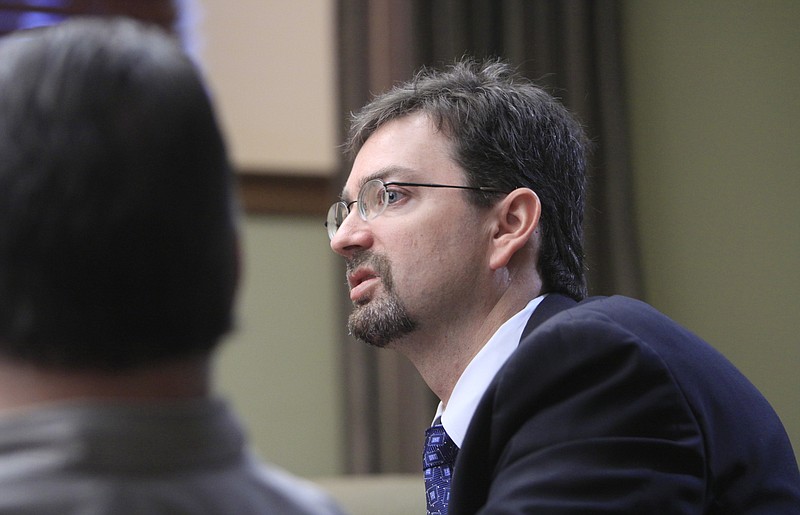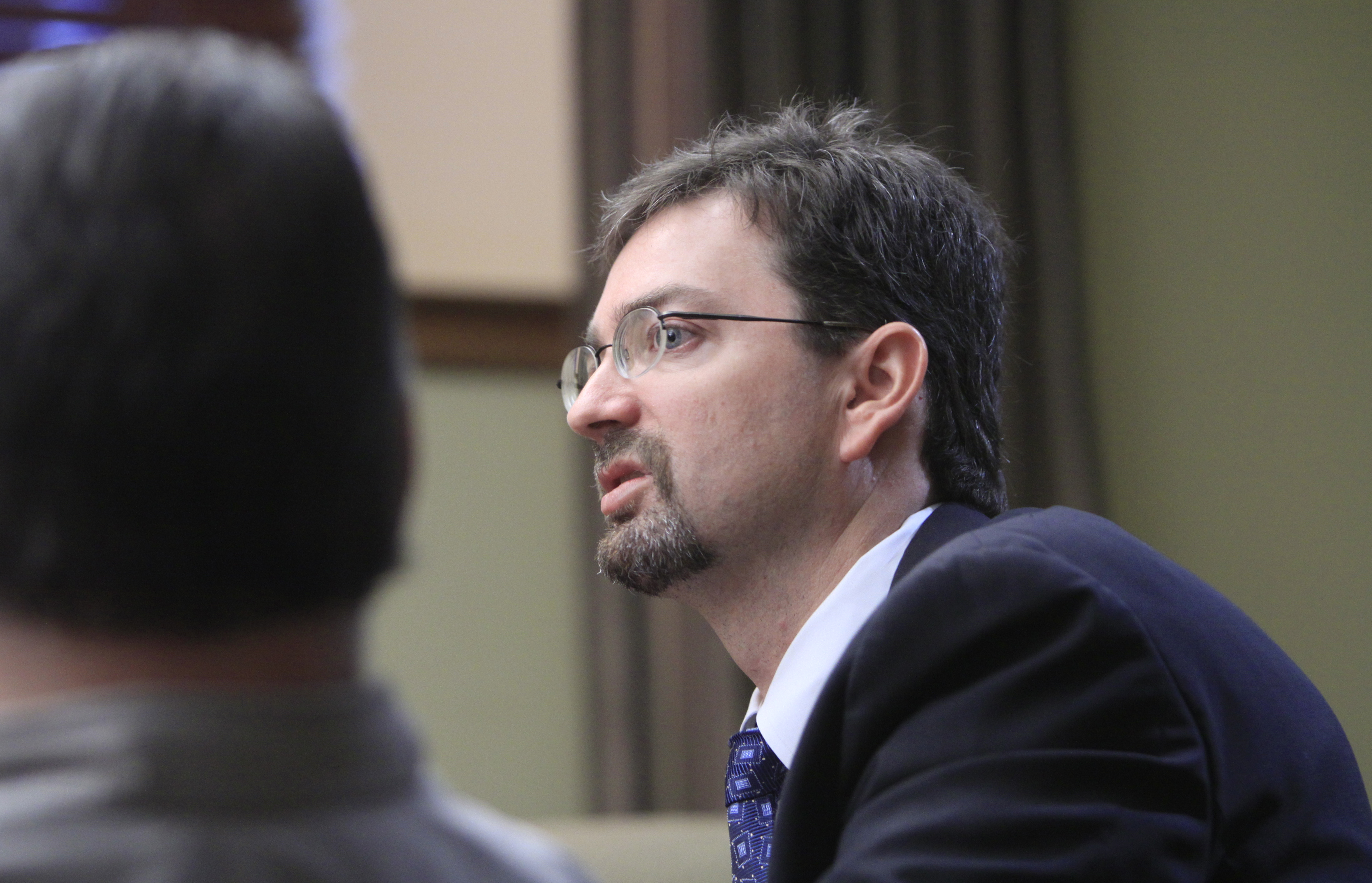To learn more about the city's gang problem, the Chattanooga City Council is expected to approve $75,000 in funding for a local organization to conduct a gang study.
Two organizations submitted bids for the project, which is part of a federal gang prevention program called Comprehensive Gang Model. Endorsed by the U.S. Office of Juvenile Justice and Delinquency Prevention, it requires cities to conduct assessments.
The Ochs Center for Metropolitan Studies will be recommended by the city's gang task force to conduct the assessment, which could take as long as six months. The study will use data from schools, law enforcement, demographics and focus groups to try to learn the causes of gangs in the community. It also will use data to show where gangs are concentrated and where the greatest need for programs is, according the model.
The deadline for the project is scheduled for Aug. 1, but that could change as the assessment progresses.
"The challenge is the timeline. We want to make sure we get it right if this is going to drive future discussion or influence policy," said Ken Chilton, president and CEO for the Ochs Center. "We just have to work really hard and focus our attention on that. A lot of the demographic data, we already have that. It's a matter of crunching it and getting it into the right format."
The organization will report to an assessment committee composed of representatives from the Chattanooga-Hamilton County Health Department, the Chattanooga Police Department, United Way and Hamilton County Schools.
If the council approves the resolution at tonight's regular meeting, the Ochs Center will partner with the University of Tennessee at Chattanooga's Center for Applied Social Research to conduct the school portion of the assessment that will take place at the school district's Title I schools, high-poverty schools that contain larger numbers of at-risk students.
It's crucial that the assessment get the council's approval soon because state standardized testing and spring break will take up much of the schools' time this semester, officials said. The time to get information from students and school employees is limited, according to officials.
School employee focus groups will be held, Chilton said, and employees and students will complete surveys. Student information such as disciplinary incident data, gender, poverty levels, attendance and graduation rates will be examined, he said.
"I think that's the key of this is to give us a benchmark. Do we have a problem or not? How big is the problem? What's the scope of the problem? What neighborhoods are most affected by the problem?" Chilton said. "Is it bleeding into the school system and affecting students' ability to learn? I don't think those questions have been answered yet. I think it's important to drive community dialogue in the future and have an objective analysis."
A second organization, the Leadership Center for Criminal Justice, made up of three Chattanooga Police Department officers and a BlueCross BlueShield of Tennessee employee, also submitted a proposal to do the study.
"They are highly motivated. Their hearts are in the right place," said Boyd Patterson, gang task force coordinator for the city. "The Ochs Center and UTC clearly had qualifications and have conducted large research projects for decades."
Pending approval, this would be the first study the Ochs Center has conducted solely on gangs.
In the late 1990s, there were 10 criminal street gangs with 150 members, according to newspaper archives. As of last year, Chattanooga police documented 44 gangs and 1,100 gang members, about 25 of whom create most of the violence.
Contact staff writer Beth Burger at bburger@times freepress.com or 423-757-6406. Follow her on Twitter at twitter.com/abburger.

